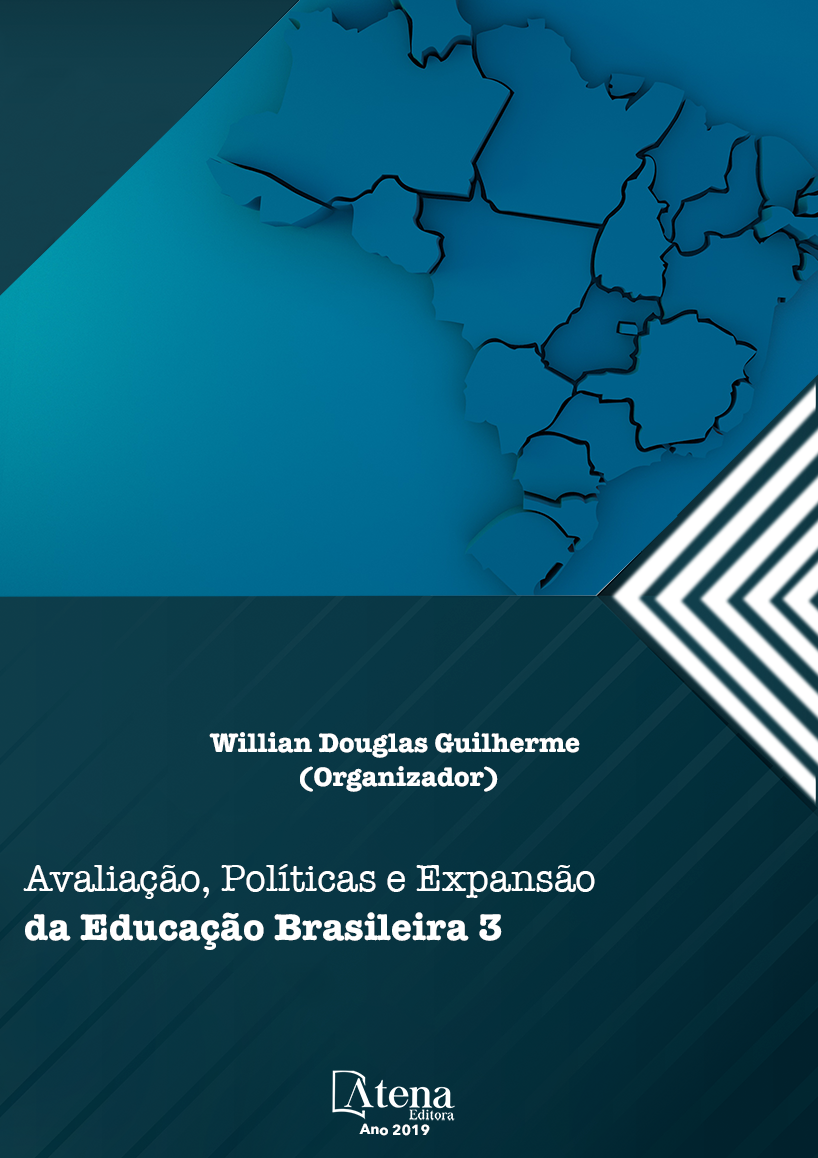
PRÁTICAS EDUCATIVAS EM ATENDIMENTO EDUCACIONAL ESPECIALIZADO: O USO DE INSTRUMENTOS MIDIÁTICOS NO PROCESSO DE LETRAMENTO DE ALUNOS COM DEFICIÊNCIA INTELECTUAL
Este texto relata e discute atividades
de leitura e escrita desenvolvidas com o uso de
instrumentos midiáticos de acesso à rede global,
a partir de conteúdos propostos no Currículo
Referência da Rede Estadual de Ensino aos
alunos matriculados no 2º ano do ensino médio,
em uma escola pública de Educação Básica, em
Trindade, Goiás. Com o objetivo de repensar a
educação inclusiva a partir da compreensão da
escola como um espaço formal privilegiado para
o desenvolvimento cognitivo e intelectual de
todos, priorizou-se o aprendizado de conteúdos
formais e conhecimentos científicos e a efetiva
escolarização de dois alunos com diagnóstico
de deficiência intelectual e cegueira, como
forma de contribuir para sua inserção e atuação
no mundo letrado. O trabalho foi planejado
e executado colaborativamente por uma
equipe de professores regentes e de apoio,
em suas aulas regulares e em atendimentos
educacionais especializados na sala de recurso
multifuncional, a partir da identificação e respeito
aos interesses, necessidades e singularidades
cognitivas dos alunos. Para tanto, foram tomados
como referenciais teóricos as concepções de
inclusão (MANTOAN, 1997, 2001, 2002, 2003
e 2004), defectologia (VYGOTSKY, 1989, 1991,
1995, 1997 e 2011) e letramento (SOARES, 1998,
2004a, 2004b, 2008 e 2010). Ao final, é possível
afirmar que planejar propostas pedagógicas
de intervenção com vistas à escolarização
formal pelo ensino de conteúdos curriculares,
e propor atividades didaticamente adaptadas
que flexibilizam os conteúdos sem infantilizálos
ou retirar deles suas imprescindíveis
elaborações científicas, podem potencializar o
desenvolvimento cognitivo e intelectual de todos
os alunos com e sem diagnóstico de deficiência,
quando suas singularidades não são tratadas
como limitações, mas como caminhos que
ampliam as possibilidades de abstração e de
sistematização dos conhecimentos.
PRÁTICAS EDUCATIVAS EM ATENDIMENTO EDUCACIONAL ESPECIALIZADO: O USO DE INSTRUMENTOS MIDIÁTICOS NO PROCESSO DE LETRAMENTO DE ALUNOS COM DEFICIÊNCIA INTELECTUAL
-
DOI: 10.22533/at.ed.60319100727
-
Palavras-chave: Escolarização Básica. Letramento. Inclusão.
-
Keywords: Basic Education. Literature. Inclusion.
-
Abstract:
This text reports and discusses
the activities of reading and writing developed
with the use of media tools to access the global
network, based on contents proposed in the
Reference Curriculum of the State Teaching
Network to students enrolled in the 2nd year
of high school, in a In order to rethink inclusive
education in order to understand the school
as a privileged formal space for the cognitive
and intellectual development of all, it was
prioritized the learning of formal contents and
scientific knowledge and effective schooling
of two students with a diagnosis of intellectual
disability and blindness as a way of contributing to their insertion and updating in
the literate world. The work was planned and executed collaboratively by two regent
teachers and one support teacher, in their regular classes and in special educational
services in the multifunctional resource room, from the identification and respect of
students’ interests, needs and cognitive singularities. In order to do so, the theoretical
concepts used were the conceptions of inclusion (MANTOAN, 1997, 2001, 2002, 2004
and 2004), defectology (VYGOTSKY, 1989, 1991, 1995, 1997 and 2011) and literacy
(SOARES, 1998, 2004a, 2004b , 2008 and 2010). At the end, it is possible to watch a
pedagogical intervention plan for formal schooling by teaching curriculum content, and
proposing activities, adapting, flexibilizing contents without infantilize or withdraw their
scientific impressions, can potentiating cognitive development and Intellectual nature
of all students, with or without a diagnosisdiagnosis of disability, when their singularities
are not treated as limitations, but as ways that expand as possibilities of abstraction
and systematization.
-
Número de páginas: 15
- Fernanda Cinthya de Oliveira Silva


